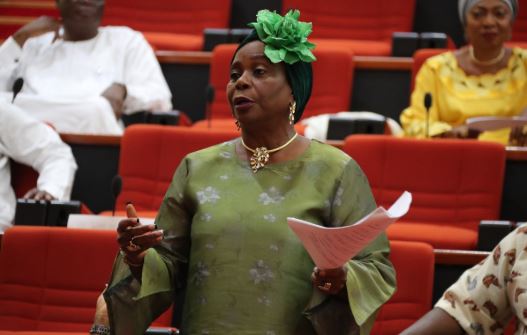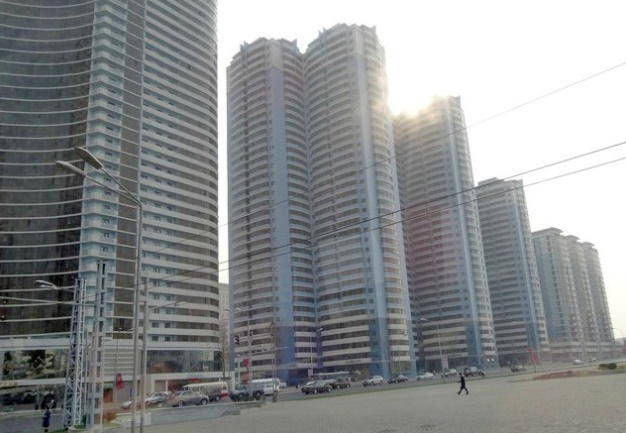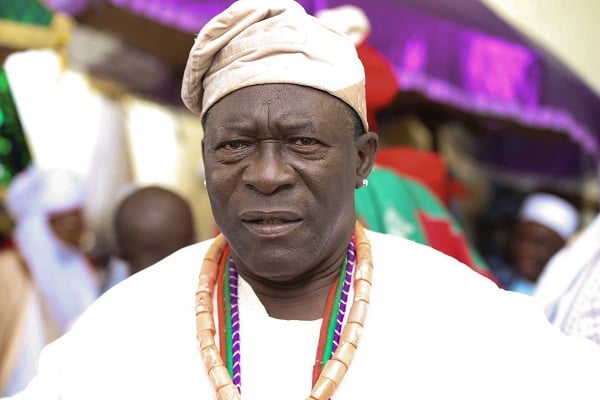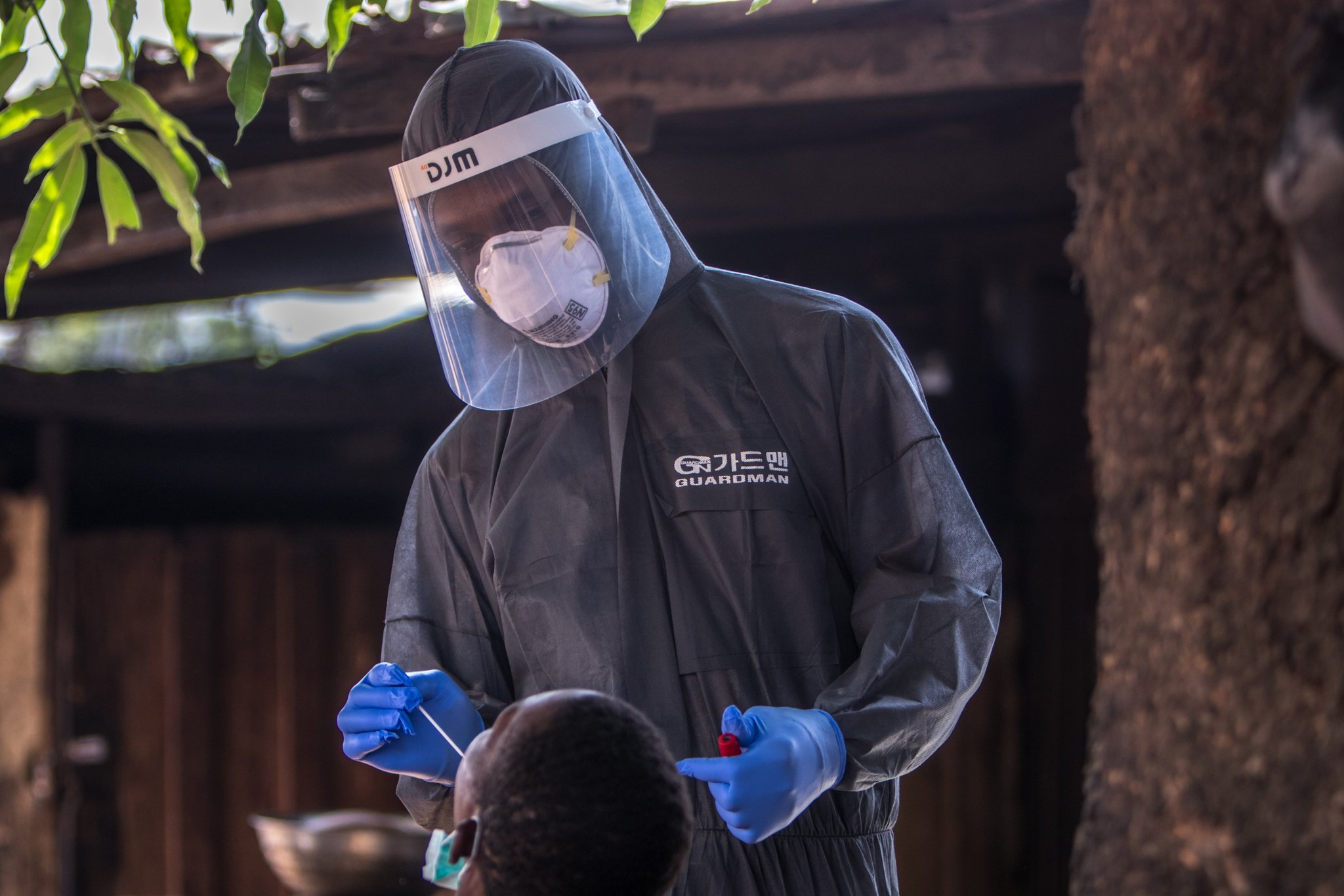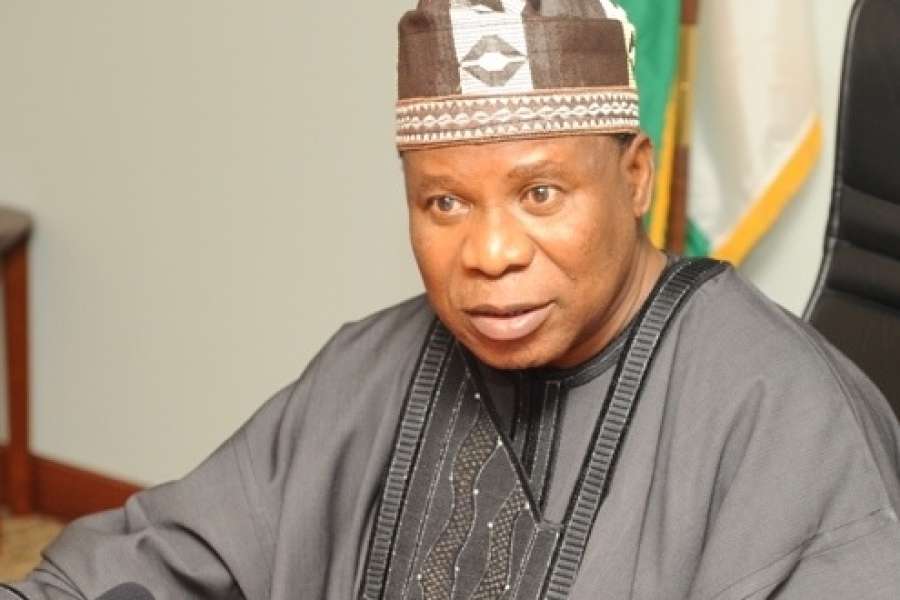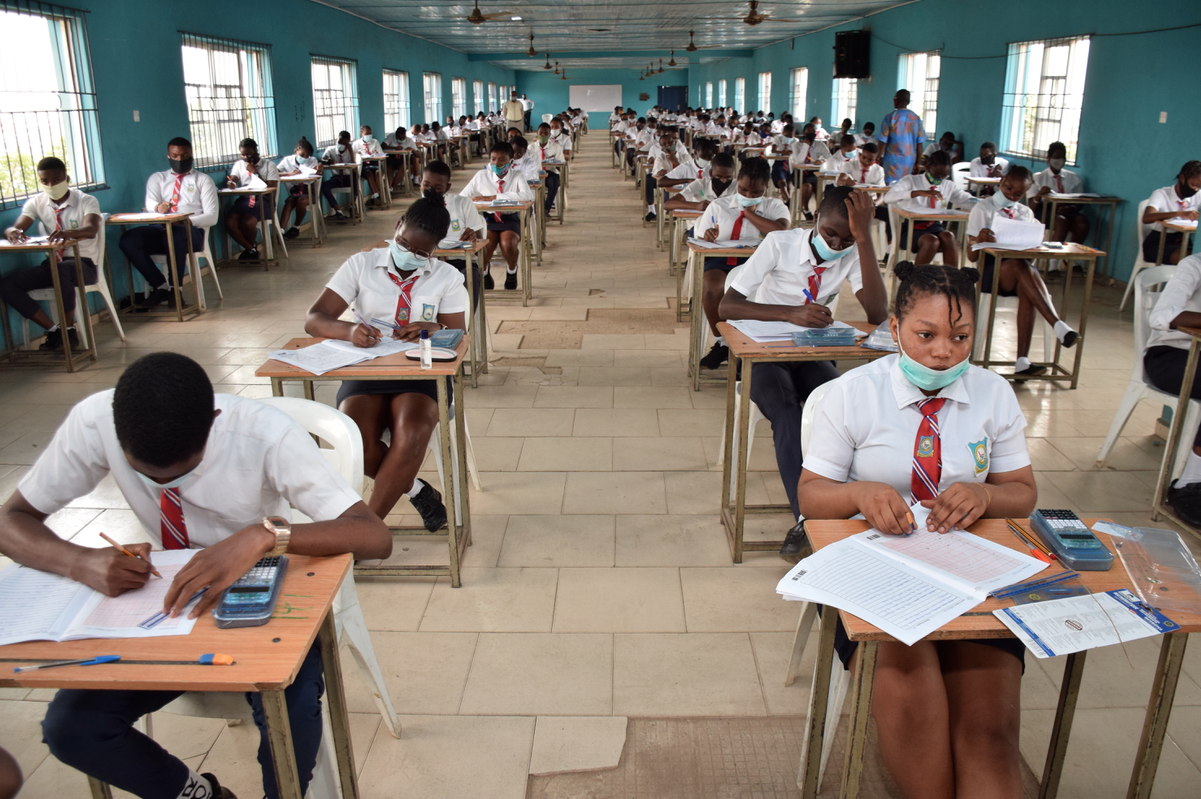BY TAYO AGUNBIADE
To fully understand gender inequalities in Nigeria’s political space, we should examine the historical trajectory of female participation in politics and elective representation.
The introduction of the principle of elective representation to Nigeria in 1922, was initially targeted at male candidates and voters. This discrimination added a layer to existing indigenous patriarchy, and formally laid the trend of marginalisation of women in electoral politics and public decision-making institutions.
By the time universal adult suffrage was enacted for women in the Eastern and Western regions of Nigeria in 1954 and 1959 respectively, and for women in Northern Nigeria in 1976, the lack of inclusion in politics and elective representation had already been fully engrafted.
Advertisement
The first wave of parties established during Nigeria’s nationalist politics, were built as male institutions. They had all the hallmarks of masculinity and hierarchical authority. Women were relegated to the bottom with zero influence in party governance, and placed in a distinctly-carved space, named women’s wing.
Some of these nationalist political parties, through their newspapers published editorials calling for women’s voting rights. At best, the articles were self-serving. They were calls for women to vote for men, and not to compete alongside them in elections. This concretised the political culture that still thrives in Nigeria.
The next wave of political parties which ushered in Nigeria’s Second Republic in 1979, reinforced female under-representation in politics and legislative institutions. Only three women won seats to the 450-member House of Representatives and none to the 95-seat Senate. The trend of women’s low participation and elective representation continued to the Third Republic, and defines the current Fourth Republic.
Advertisement
Here’s another perspective. Historically, women have been side-lined in Nigeria’s constitution development processes. This is worthy of note because, constitution-building, making and reviewing requires the input of all citizens. More importantly, women’s inclusion in this process is an opportunity for them to provide insights, perspectives and aspirations to the Supreme Law of the land. The first Constitution Review Conference in Nigeria, took place in 1950 in Ibadan with fifty-three men in attendance. Subsequently, each pre-Independence Constitutional Conference, was a male-dominated affair with only a handful of women invited as “advisers.” Fast forward to 1975, when a Constitution Drafting Committee (CDC) was created by the Federal Military Government and dubbed the ‘49 wise men’ by the press. The CDC produced the 1979 Constitution which basically remains Nigeria’s foundational legal document. In it, Fundamental Principles and Directive Objectives of State Policy guarantees amongst other provisions, de jure equality between men and women, and frowns on discrimination based upon ethnic group, place of origin, sex, religion etc. However, de facto equality between men and women in Nigeria, remains elusive. Needless to say, the trend of placing women on the periphery in every Constituent Assembly and Constitutional Conference, has been sustained with the most recent, being the 2014 Discussion.
Hopes in Nigeria’s 2006 National Gender Policy have also not been realised and it remains a statement of intent with no legal framework, thus is unenforceable.
The Executive arm of government for example, has so far, failed to comply with this National Gender Policy which amongst several other targets, seeks 35% Affirmative Action “in favour of women to bridge gender gaps in political representation in both elective and appointive posts at all levels by 2015.”
In the current Federal Executive Council (FEC), only seven out of forty-four Ministers, are women, forming just 16.3 per cent. Similarly, female representation in legislative institutions continues to ramble on sub-regional and regional gender gap indexes. For the twenty-year period of Nigeria’s Fourth Republic, female representation in the National Assembly is 5.45 per cent, while that of the State Houses of Assembly is 4.6 per cent.
Advertisement
According to the National Bureau of Statistics, in 2015 only 4.4% of Heads of Local Government Councils were women; while female councillors formed 9.8%. Nigeria is yet to attain the critical mass of 30% of female representation in public decision-making. And let us not forget that women form 49.5% of the total population of an estimated 200 million.
Unfortunately, attempts to redress the gender imbalance in the legislative and political space is laced with difficulties. In January 2019, during its Second Reading, a Bill on “women’s quotas” for all the legislative posts sponsored by Ibrahim Sodiq, was dismissed by the male-dominated House of Representatives.
Clearly, low female representation in elective and appointive posts, reflects in public policy-making and implementation including critical areas such as budget appropriation, resource mobilisation and deployment. Recent examples of gender gaps in public policy include the Presidential Covid-19 Response Task Force, and the newly-constituted board of the Nigerian National Petroleum Corporation (NNPC).
In the discourse about bridging gender gaps in Nigeria’s political sphere, the importance of data cannot be overemphasized. It will guide us towards proffering lasting solutions to this national problem.
Advertisement
How do we address the under-representation of women in Nigeria’s political eco-system? Women form a critical mass of the country’s population and devote their agencies towards building female-centred groups and organisations in the civil society space. But the myriad of non-governmental organisations (NGOs) remain fragmented and work mostly in silos. Thus for more impact, Nigerian women must congregate and organise as a power bloc to create a broad-based grassroots movement and push for constitutional and electoral inclusion. As a vehicle for a call to action, the women’s mass movement can organise public pressure on the National Assembly to pass the 2016 Gender and Equal Opportunities Bill (GEOB). Sponsored by Senator Biodun Christine Olujimi, the GEOB is currently awaiting Second Reading in the Senate. Amongst other provisions, it calls for temporary special measures such as gender quota regulations, to enhance female participation and inclusivity in the country’s governance structure.
A revamp of the country’s 2006 National Gender Policy which advocates 35 per cent in political participation, will be useful, as long as it receives legal backing to, for example, mandate political parties to include gender quotas in their internal structures. That way, both genders would have equal access to public office at all political levels.
Advertisement
Similarly, closing the gender disparities in the political space may also be achieved through relevant amendments to the Federal Character Commission 1995 Act. Legislative intervention to review and amend the Act establishing the Federal Character Commission will expand it to include a gender component. Under such reforms, a Federal Character, Gender and Equal Opportunity Commission can be established as a way of ensuring equal representation in all levels of democratic governance.
Any of these recommendations offer windows of hope to increase women’s participation and representation in Nigeria’s politics. Finally, in the discourse about bridging the gender gaps mentioned above, the importance of sex-disaggregated data cannot be overemphasized. Data will also guide us towards finding lasting solutions to this national problem.
Advertisement
Tayo Agunbiade is a 1984 graduate of History from the University of Lagos and a 1996 graduate of Women Development Studies from the University of East London. She started her professional career in 1986 as a reporter/ researcher for the African Guardian magazine. She worked in the UK as a freelance journalist with West Africa Magazine and later, as an administrator with Marie Stopes International. From 2003-2011. She worked as a broadcast journalist, creating and producing development-focused television and radio projects as a Special Assistant to Ogun State Government. She currently works as a researcher at the National Assembly.
Advertisement
Views expressed by contributors are strictly personal and not of TheCable.
